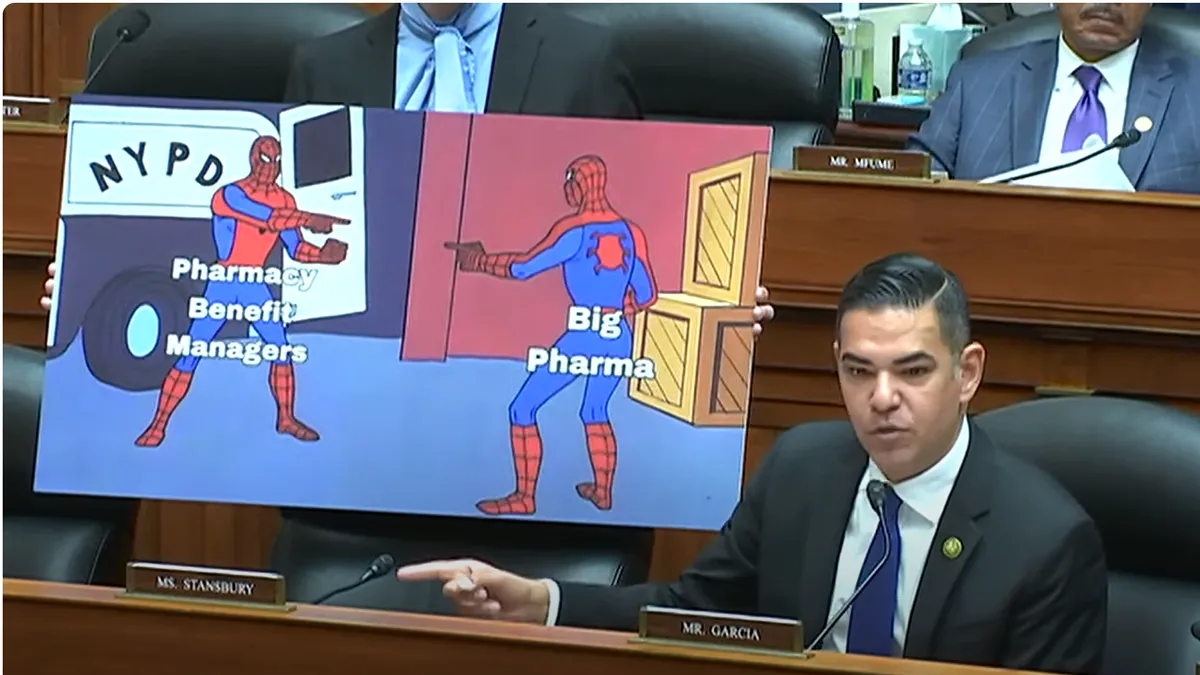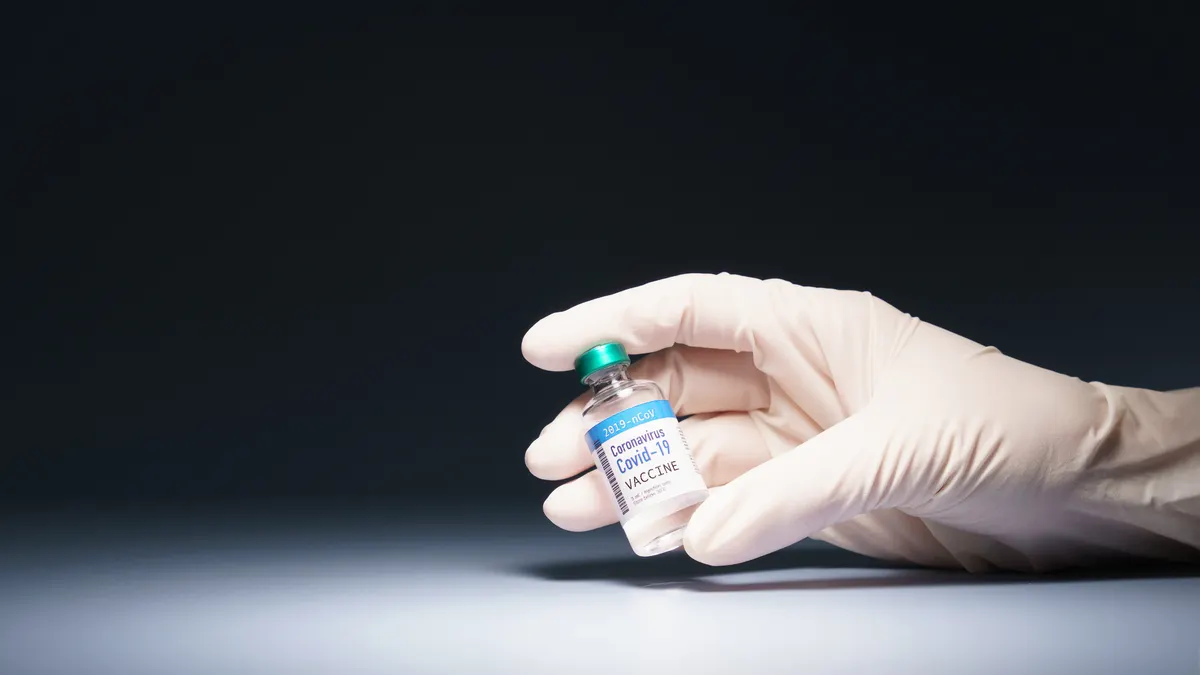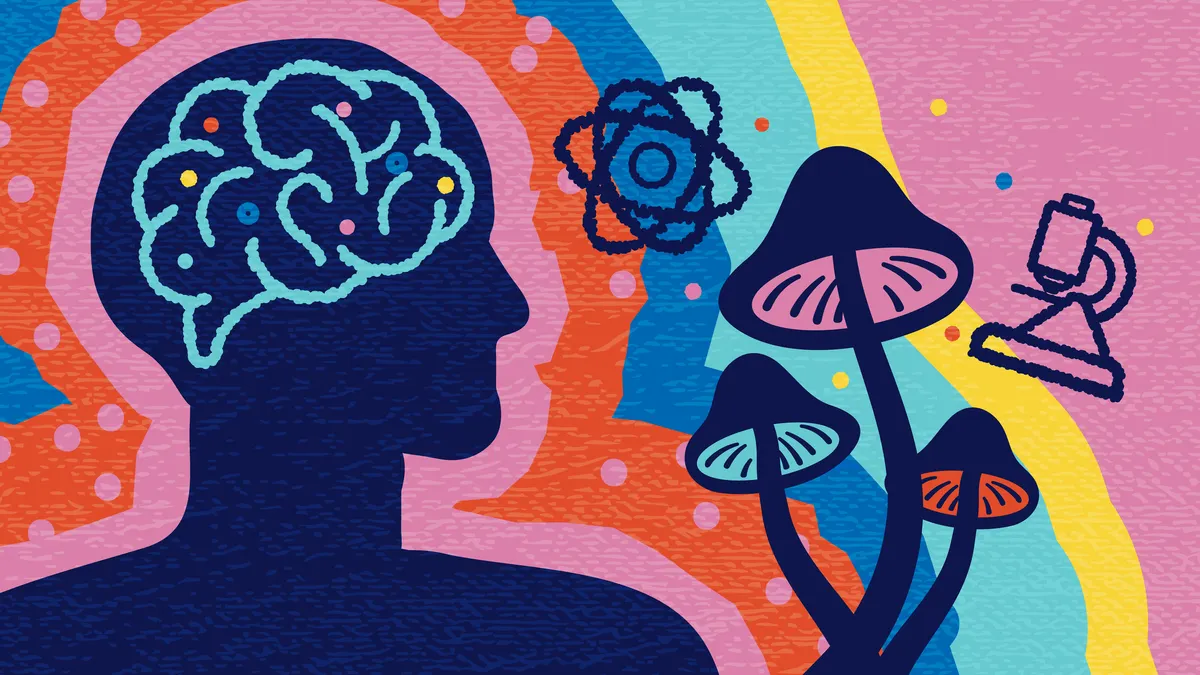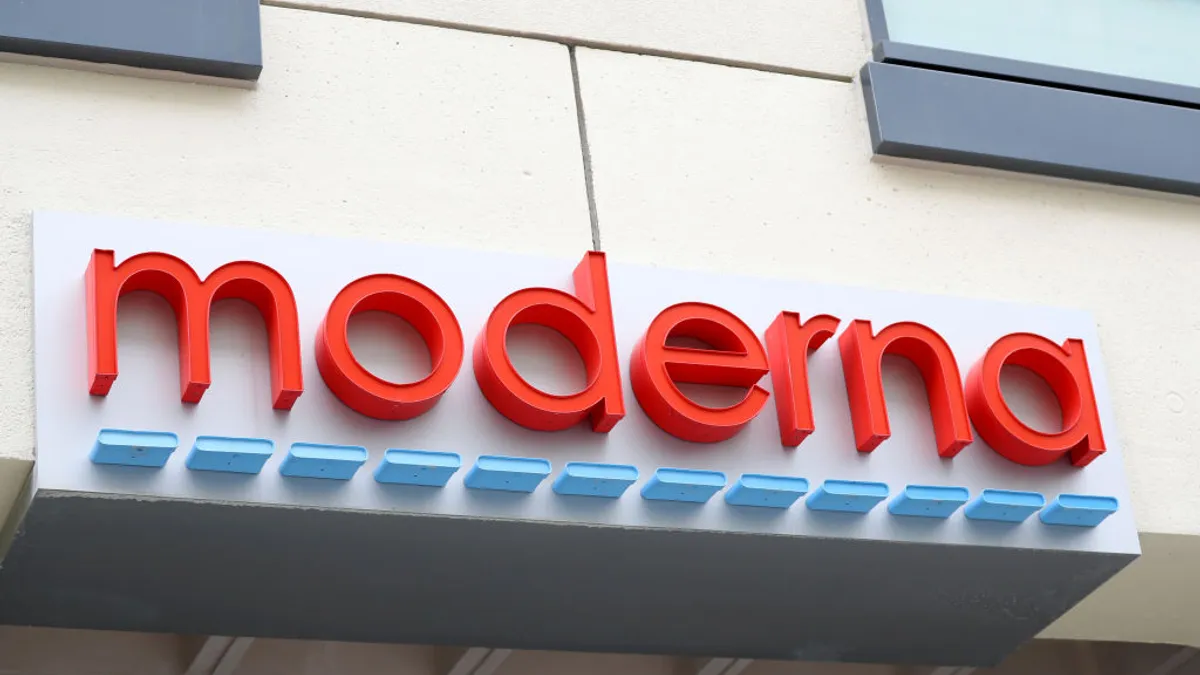With the weekend announcement that Novartis would acquire neuroscience RNA biotech Avidity Biosciences for $12 billion, the pharma giant’s long-term business development strategy is coming into clearer focus.

Just a few months ago, PharmaVoice sat down with Novartis chief strategy and growth officer Ronny Gal, a former Wall Street analyst, to talk about the direction he and fellow company execs planned to take the Swiss drugmaker.
Ultimately, Novartis wants to become a streamlined innovation machine by leaning into the areas where it can have the biggest impact — and is willing to drop a significant amount of cash to bring in the right candidates, Gal indicated.
And the Avidity deal illustrates Novartis’ willingness to spend on assets the company can nurture with its own expertise. So while Novartis paid a more than 45% premium for Avidity based on the biotech’s market share, the purchase coincides with the big-picture roadmap Gal drew up at the time.
The large cash infusion from Novartis also shows the value biopharma circles still place on RNA technology, which Avidity uses to treat rare neuromuscular conditions. While mRNA served as the basis of successful COVID-19 vaccines during the pandemic, the genetic breakthrough has recently faced a backlash from regulators and health leaders.
For Novartis, the Avidity deal is still a risk. But that’s part of what Gal called Novartis’ “secret sauce” — taking a big swing with scientific backing and applying the company’s own talent to bring it to fruition.
Advancing RNA
Avidity may not be the biggest name in RNA technology, but the biotech has built a reputation for opening the door to new delivery applications that allow for targets outside the norm. CEO Sarah Boyce told PharmaVoice in 2023 that Avidity’s specialty lies in that distinction.
“That’s what we do,” Boyce said at the time. “We are, in its simplest form, an RNA delivery company.”
The biotech’s late-stage pipeline aims at rare diseases like Duchenne muscular dystrophy, facioscapulohumeral muscular dystrophy and myotonic dystrophy type 1. Duchenne in particular has been an elusive target for Big Pharma, with Pfizer notably dropping out of the race last year.
Even as RNA was hitting its stride with several new approvals a few years ago, Avidity was applying its delivery approach in ways no other company was attempting. The company has also explored earlier-stage cardiovascular delivery, resulting in programs that will be spun off into a new company prior to the Novartis acquisition.
Neuro spotlight
Bringing Avidity into the fold reflects a similar effort by Novartis to make a mark in an area where it’s seen success already. It also reflects a wider trend among drugmakers of a renaissance in neuroscience.
Some of the biggest deals of the year have revolved around neuro drug candidates, including Johnson & Johnson’s $14.6 billion purchase of Intra-Cellular Therapies for a schizophrenia and depression potential blockbuster and a lineup that includes candidates aimed at Alzheimer’s disease, anxiety and psychosis. It is the largest deal of the year so far.
AbbVie also dropped $1.2 billion on a single asset for depression, signifying the importance of new neuro meds in Big Pharma.
Neuroscience has been one of Novartis’ main pillars for years. The company has already made neuromuscular disease a particular M&A target with the 2018 acquisition of the company AveXis, which brought one of the earliest approved gene therapies Zolgensma for the rare childhood condition spinal muscular atrophy. At one point the most expensive drug in the world, Zolgensma has become a reliable blockbuster despite market saturation and competition.
With Avidity, Novartis is expanding the neuromuscular target, even while the company seeks to slim down by selling off units such as its Sandoz generics arm, its eye business Alcon and its animal health unit over the last decade.
The focus now is on exploring new areas of science that line up with the company’s pillars, Gal said back in June: “There has been a movement to slim down and get out of things that you’re not necessarily going to be the leader in, or don’t necessarily have a differentiator,” he said at the time.
In Avidity, Novartis has found a set of drug candidates it believes is worth betting big on while following that roadmap to a T.



















